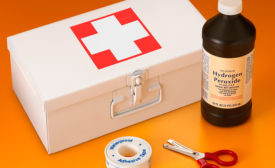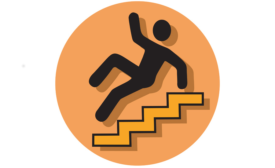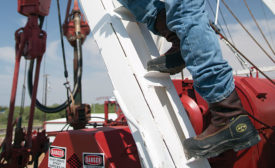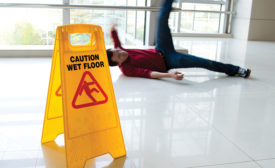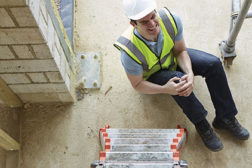Home » slips, trips and falls
Articles Tagged with ''slips, trips and falls''
Here’s why you need these five items in your office
Anti-fatigue mats, for instance, improve comfort of employees who stand
March 16, 2016
Working in a winter wonderland
Four things to know about snow
A U.S. DOL Blog post
January 22, 2016
A U.S. Department of Labor blog post
Why this counts: slips, trips and falls in the workplace
December 17, 2015
From NIOSH's Research Rounds bulletin
Slip-resistant shoes reduce food service workers’ compensation claims
November 30, 2015
Never miss the latest news and trends driving the safety industry
eNewsletter | Website | eMagazine
JOIN TODAYCopyright ©2024. All Rights Reserved BNP Media.
Design, CMS, Hosting & Web Development :: ePublishing
